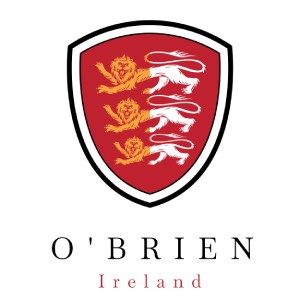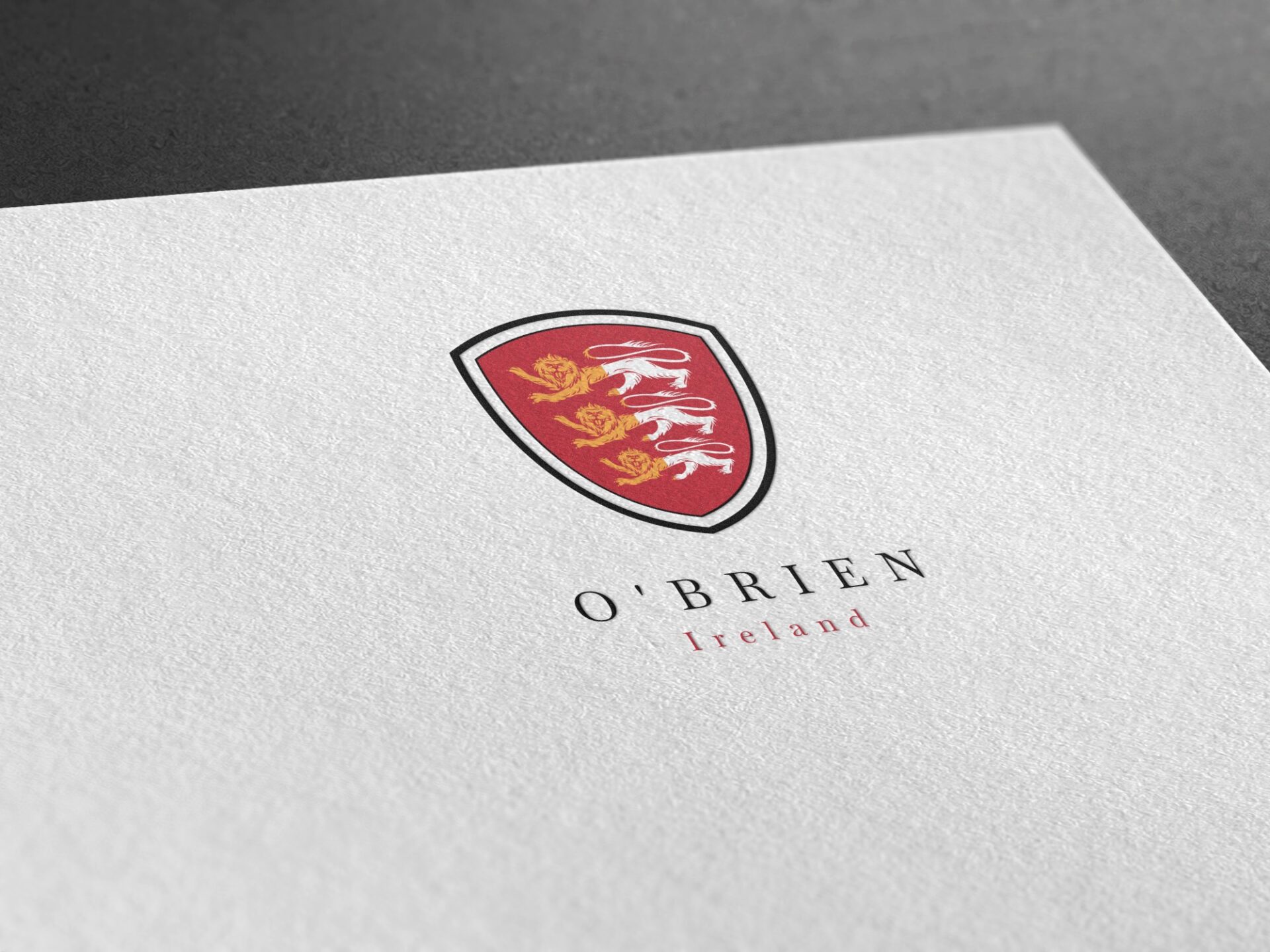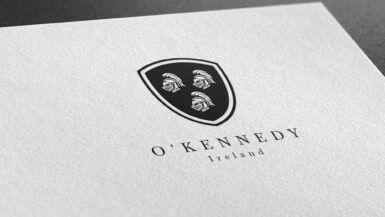Origin of the Surname
The O’Brien surname originates from Ireland, where it has been borne by a powerful and historical family. The O’Briens trace their lineage back to Brian Boru, one of the most famous High Kings of Ireland.
Etymology and Meaning
The surname O’Brien is an Anglicized form of the Irish Ó Briain, meaning “descendant of Brian.” The name Brian itself is thought to be derived from the Old Celtic word “brigh,” meaning ‘noble’ or ‘high.’
Earliest Known Usage
The earliest known usage of the O’Brien surname is associated with the descendants of Brian Boru, who ruled Ireland as High King from 1002 until his death in 1014. After his death, his descendants adopted the surname to honor and remember his significant reign.
Geographic Distribution
The O’Brien surname is widespread in Ireland, with particular concentration in the counties of Clare, Limerick, and Tipperary. Due to Irish emigration, the name has also become common in countries like the United States, Canada, Australia, and the United Kingdom.
Original Geographic Location
The O’Brien family originally held significant land and power in the Kingdom of Thomond, an area that encompassed most of what is today County Clare, with parts of Counties Limerick and Tipperary.
Migration Patterns
The 19th century saw significant emigration of Irish families due to famine and political upheaval. Many O’Briens left Ireland for North America, Australia, and other parts of the British Empire during this period. Today, there are large communities of O’Briens in these regions, particularly in the United States and Australia.
Historical Context
Notable Historical Events
The O’Briens have been involved in many significant historical events in Ireland. Most notably, Brian Boru led Irish forces against the Vikings at the Battle of Clontarf in 1014, a pivotal moment in Irish history.
Involvement in Key Moments in History
In more recent history, William Smith O’Brien was a prominent leader of the Young Irelander Rebellion of 1848, an early push for Irish independence.
Notable Bearers of the Surname
Famous Individuals
Famous individuals bearing the O’Brien surname include Conan O’Brien, a popular American television host, and Edna O’Brien, an acclaimed Irish novelist and playwright.
Influential Figures
Historically, Murrough O’Brien, the 1st Earl of Thomond, and Donough O’Brien, the 2nd Earl of Thomond, were influential in navigating the complex political landscape of Tudor Ireland.
Variations of the Surname
Spelling Variations
Common spelling variations of the name include O’Bryan, O’Brian, and Bryan, reflecting different phonetic interpretations and Anglicization efforts.
Regional Differences
While the O’Brien name is common across Ireland, it is particularly associated with counties Clare, Limerick, and Tipperary, where the family held historical power.
Current Statistics and Distribution
Frequency and Global Distribution
The O’Brien surname is the sixth most common in Ireland, with over 30,000 bearers of the name. Globally, there are an estimated 120,000 people with the surname, reflecting the wide Irish diaspora.
Changes Over Time
While the distribution of the O’Brien surname has remained relatively stable in Ireland, the global distribution has shifted significantly due to emigration, particularly during the 19th century. Today, there are large communities of O’Briens in the United States, Australia, and Canada.
Family Coat of Arms

The O’Brien family crest is a compelling heraldic emblem that conveys the historical values and legacy of the family. Dominated by a vibrant red background, the crest often symbolizes the color of a martyr, suggesting a history of sacrifice and profound dedication. This red hue is complemented by features in gold and white, which are rich in symbolic meaning. Gold represents generosity and elevation of the mind, while white signifies peace and sincerity, reflecting the family’s noble intentions and purity of spirit.
Prominently displayed on the crest are three lions. In heraldic terms, lions are frequently associated with bravery, valor, and strength. The presence of three lions enhances this interpretation, emphasizing the family’s courageous leadership and royal dignity, possibly hinting at a regal or noble lineage. The lions also suggest a protective element, indicating the family’s role as guardians of their kin and values.






Leave a reply